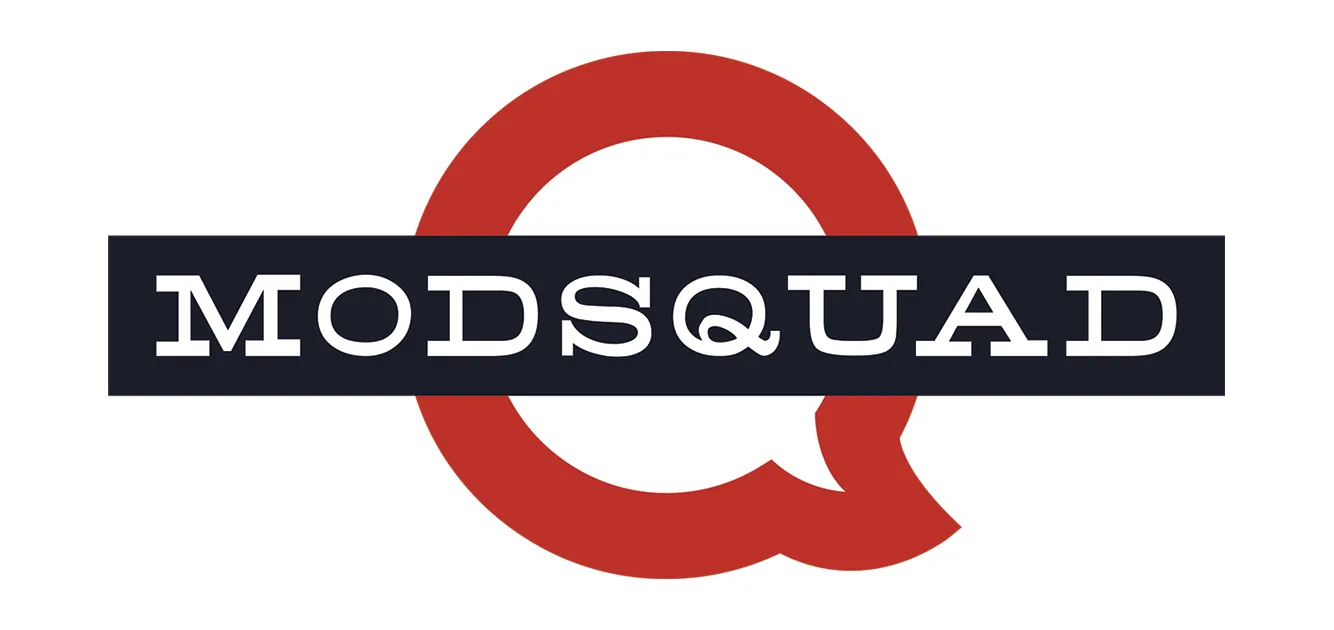
Positively Lead By Example
By Sanya Weathers
A few weeks ago, I posted a little New York Times interview with a woman who identified cynicism as a major business problem – and further identified it as a management issue, not a staff issue.
I can think of one manager I’ve known who has a reputation for being a real positive guy, a finger gun shooting ball of sunshine. His superiors, and I use that word loosely, often held him up as an example of what a positive attitude can do for a career. Indeed, his career seems to be going fine.
His subordinates, not so much (with either the positive attitudes or the professional success). I have not seen many more cynical or jaded teams in my life. In fact, it’s safe to say that even naturally positive people became cynical while working for him. And believe me, customers can feel it when the people responsible for making them happy are… not happy.
Community managers and customer service personnel can’t function at a high level without empathy for both customers and developers, and as such, becoming cynical is a real professional hazard for us. (Believe me, this is a pit trap I’ve fallen into so often that I’ve learned to build my own ladders.) In order to best manage us, we need to be led by positive people – the real kind. If you’re looking to provide world class customer service and build long lasting community relationships, you need to support the people directly responsible for those tasks.
Here’s what you can do to help us steer clear of cynicism. These all relate to positivity, the real kind that fuels top quality service, not the fake kind that leads to heavy drinking at the office:
– Best foot forward, plus feet on the ground. Staying positive doesn’t mean ignoring problems. CM/CS is the first group aware of problems. People don’t come to us because they’re happy. Happy people rarely contact us at all. Managers who value the information we bring won’t whitewash it or minimize it. Either devalues our professional contributions and makes us question our own judgment/sanity.
– Show us the big picture. Happy people rarely contact us at all, remember? It’s easy for us to lose sight of the big picture – the vast majority of satisfied customers. Why save the positive metrics for the investors and the board of directors? Show us those numbers, and show us the impact we’ve had in terms of increasing satisfaction or responding to problems.
– Avoid open contempt for the end user. Yes, this has to be said. If the decision makers at a company believe and openly say that the end users of a product are ignorant (“go ahead and do XYZ, the players will never know”), the employees will adopt a similarly negative attitude. Employees required by their jobs to also like and respect those users will eventually explode from the cognitive dissonance.
Also, for the record, the customer will always eventually know/find out/catch on. That’s because the typical customer, when it comes to social media and gaming, is exactly like the typical employee. Just as engaged, just as smart, just as passionate.
– Light a path. When the people who report to you bounce up a problem that requires a senior employee, don’t moan. Get excited about solving meaty problems. Show your team how you solve them. When you’re done, be proud. Encourage the team to be proud of similar accomplishments. And speaking of:
– Be loud and proud. Don’t be that person who only speaks up if there’s a problem. That’s what our customers do. Getting that approach from our bosses is a one-two punch that leads many CS and CM people to abandon the field. Take the opposite approach – speak up whenever you see something good. Your feedback carries more impact, so one compliment from you every day will just about counteract the abuse.
– Hire people who love customers. Give those of us that love customers some good company!

